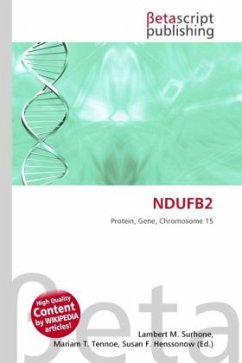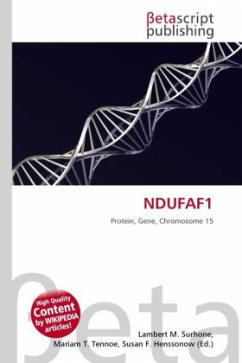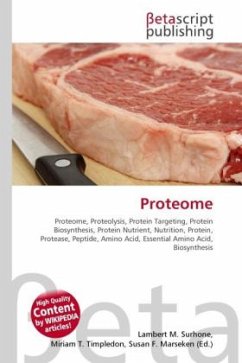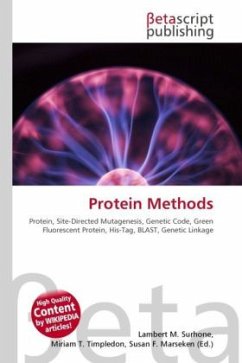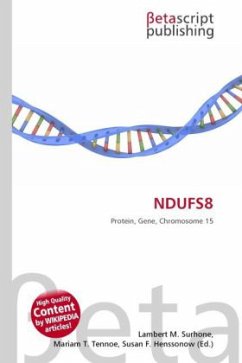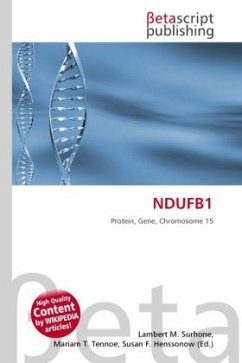High Quality Content by WIKIPEDIA articles! High Quality Content by WIKIPEDIA articles! A gene is the basic unit of heredity in a living organism. All living things depend on genes. Genes hold the information to build and maintain an organism's cells and pass genetic traits to offspring. A modern working definition of a gene is "a locatable region of genomic sequence, corresponding to a unit of inheritance, which is associated with regulatory regions, transcribed regions, and or other functional sequence regions ". Incorrect colloquial usage of the term gene may actually refer to an allele: a gene is the basic instruction, a sequence of nucleic acid (DNA or, in the case of certain viruses RNA), while an allele is one variant of that instruction. The notion of a gene is evolving with the science of genetics, which began when Gregor Mendel noticed that biological variations are inherited from parent organisms as specific, discrete traits. The biological entity responsible for defining traits was termed a gene, but the biological basis for inheritance remained unknown until DNA was identified as the genetic material in the 1940s.
Bitte wählen Sie Ihr Anliegen aus.
Rechnungen
Retourenschein anfordern
Bestellstatus
Storno

